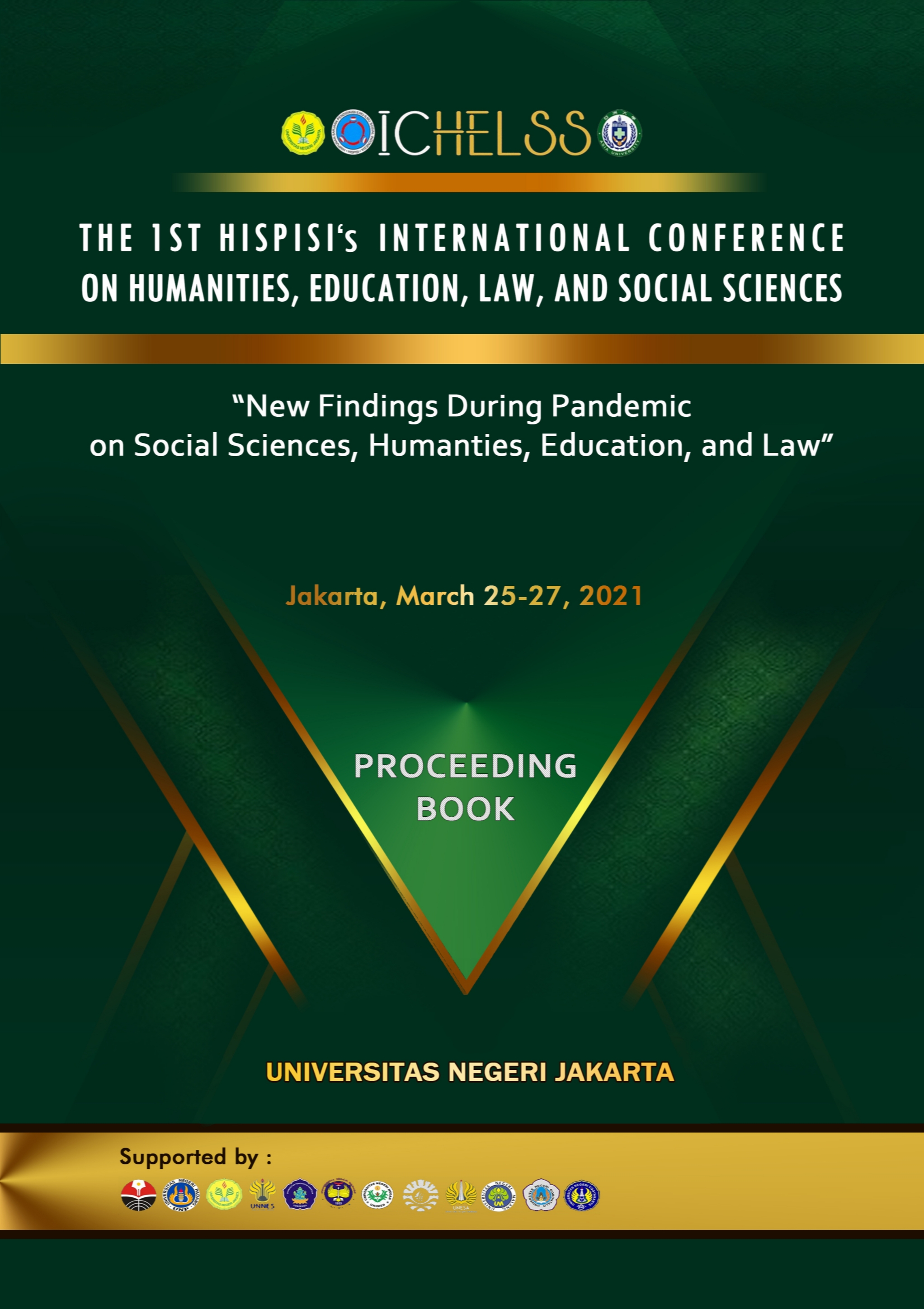The Dual Lacunae of Urban Areas and Electoral Support for an Islamic Party: Prosperous Justice Party, Depok City, Indonesia
Abstract
Among the Islamic parties in Indonesia, one that is
considered successful in gaining electoral support compared to
others in the last two decades is the Prosperous Justice Party (Partai
Keadilan Sejahtera, PKS). Previous studies concluded that this
success was determined by ideology, organization, social service
and leadership of the PKS. While I agree that these factors have
contributed to sustaining electoral successes, given that the PKS has
only received significant support in a few regions, these factors
appear to be only capable of working effectively in certain local
socio-political contexts. In order to enrich the previous studies, I
argue that this success is related to the phenomenon of dual lacunae
that occurs in urban areas. The first lacuna is the absence of
dominant socio-political organizations or fragmented or
dysfunctioning organizations. The second is the social ties of
citizens, especially the educated Muslim middle class, which is
significant in number, most of whom are migrants, with their varied
traditional organizations fading or even disappearing due to the
effects of migration and dysfunction of these organizations. With its
ideology, organization, social service and leadership, PKS has
succeeded in filling these dual lacunae and convert them into
electoral support. The tool of analysis of this study is a critical
political economy approach. This study used a qualitative approach
i.e. a case study of PKS in Depok City. The data collection
technique in this study is an in-depth interview of those varied
source persons, a document study, and a literature study.
Keywords: Depok City, electoral support, Islamic party,
Prosperous Justice Party, urban area.


